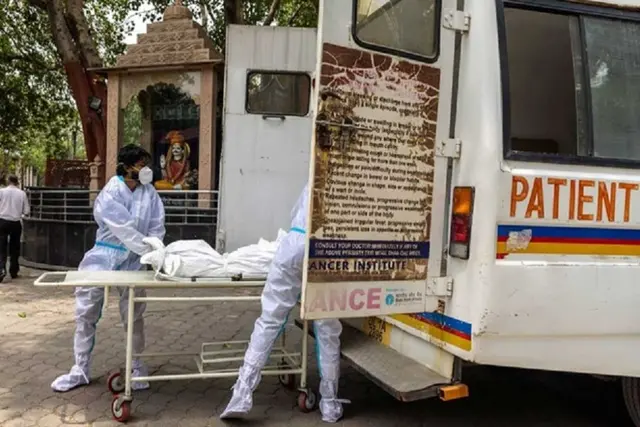Russia will support Greece's efforts to overcome the current economic crisis through further development of bilateral cooperation in several sectors, visiting Russian Foreign Minister Sergey Lavrov said on Wednesday in Athens.
"We support the Greek government's efforts to overcome the economic difficulties. We will support these efforts in any way we can," he said during talks with Greece's political leadership.
On the agenda of discussions were bilateral and international issues such as the prospects of Russian investments in the Greek privatization program, Greece's upcoming EU presidency in the first half of 2014 and developments in Syria.
Greek President Karolos Papoulias expressed confidence that Lavrov's visit would give a boost to trade and economic ties between the two countries, and in particular the flow of Russian tourists to Greece.
This year more than one million Russians visited Greece, and the two sides expect that the number could double in 2014.
Tourism and energy are the two sectors in which Athens and Moscow are hoping to boost their collaboration.
Energy issues topped the agenda of the talks with Greek Prime Minister Antonis Samaras who praised the Greek-Russian "strategic partnership."
According to Greek government sources, Samaras raised the issue of the reduction of the price Russian energy giant Gazprom charges Greece for natural gas. It would help Greece's efforts to restore growth, he argued. Lavrov is said to have referred the matter to Gazprom.
The company's decision to abstain from the bid on Greece's state gas company in June was regarded as a blow on Greece's efforts to make progress on the privatization of state-owned companies as part of a wider plan to address the crisis.
On Wednesday Lavrov was joined in Athens by Vladimir Yakunin, chief of Russian Railways, which seem interested in the privatization of Greece's Railways.
During his meeting with Greek Deputy Prime Minister and Foreign Affairs Minister Evangelos Venizelos, Lavrov co-signed a series of agreements such as the agreement to declare 2016 as a bilateral year of cultural cooperation.
"The joint statements we signed today are not standard documents, but an additional legal basis to strengthen our relations," Venizelos stressed in statements to the press after the meeting.
"We appreciate in particular the decisiveness of our Greek friends to push high on the agenda the relations between Russia and the European Union," Lavrov said.
Greece pledged that one of the priorities of its EU Presidency would be the enhancement of EU-Russian relations.
 简体中文
简体中文

